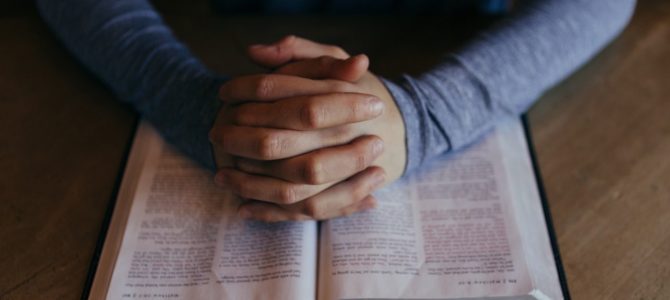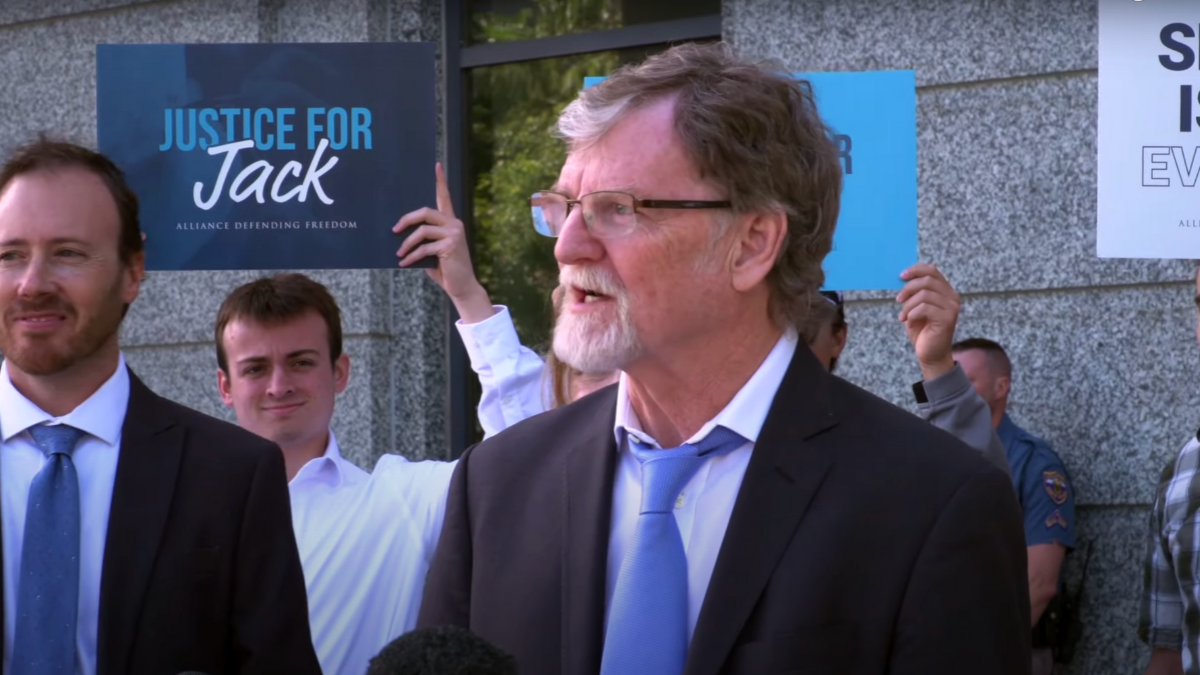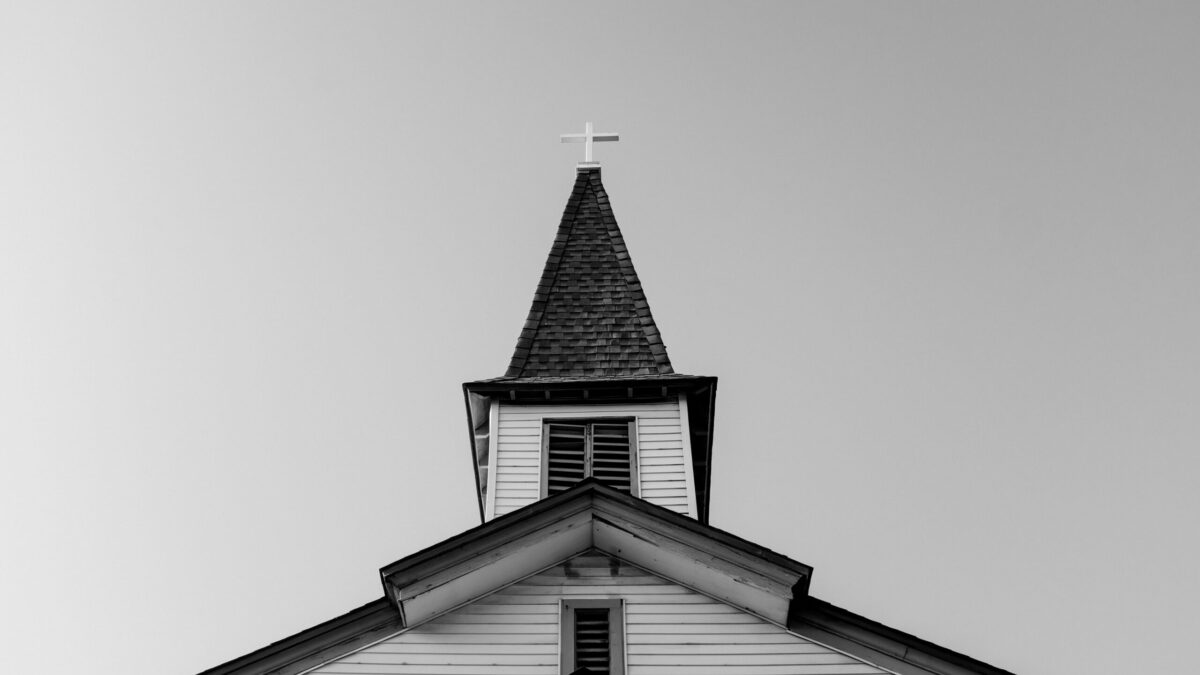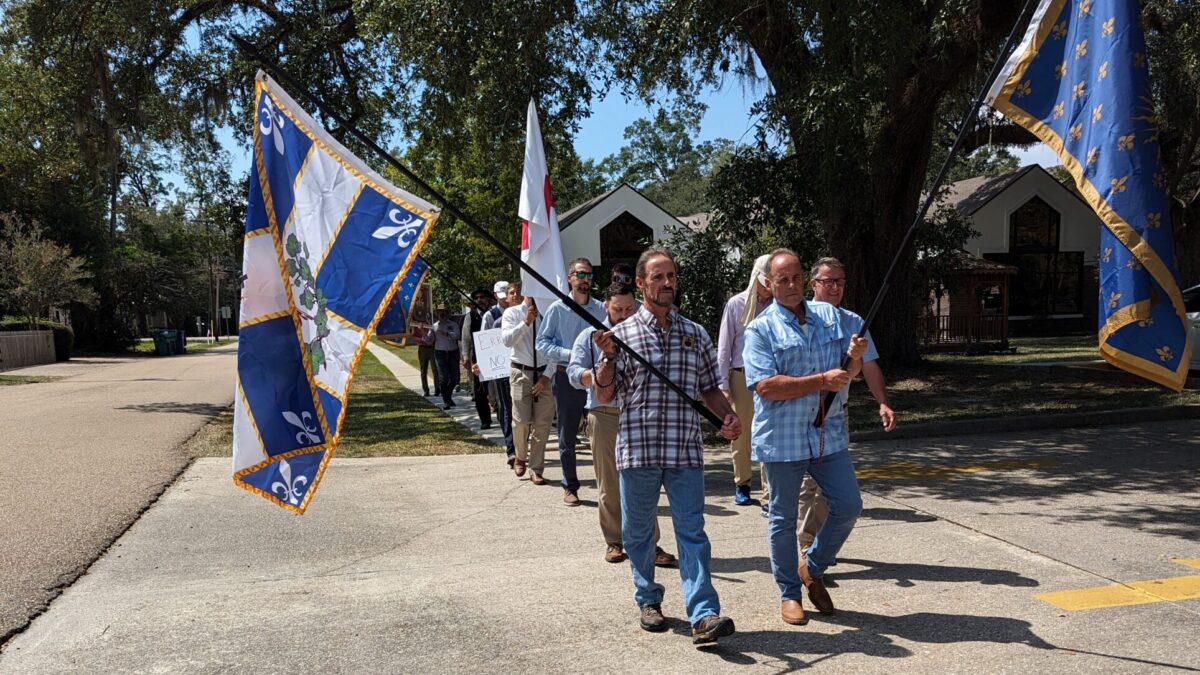A new Massachusetts law banning sex-segregated bathrooms in public places could soon be used to jail and fine pastors if they use pronouns inconsistent with individuals’ biological sex.
The entity tasked with enforcing the law, the Massachusetts Commission Against Discrimination, recently released a guidebook explaining the nuances of these new rules, including a portion about how they plan to force churches to comply.
The law will soon extend to churches that host “secular” events that are open to the public. As The Washington Post‘s Eugene Volokh explains, this means churches will be held liable for things pastors and even church members say if someone attending considers it “harassment.”
Under Massachusetts law, refusing to use a transgender person’s preferred pronoun would be punishable discrimination. . . The Massachusetts document I linked to makes that clear in the employment context, and it also makes clear that the antidiscrimination law rules apply to places of public accommodations (including churches, in ‘secular events’ ‘open to the public’) just as much as to employment.
Indeed, a church might be liable even for statements by its congregants (and not just its volunteers, who are acting as agents) that are critical of transgender people. Tolerating such remarks is generally seen as allowing a ‘hostile environment,’ and therefore ‘harassment.’
The potential infringements upon religious freedom are vast, as this new law basically provides the state and trans activists with a legal tool to force pastors into using terms that violate their beliefs (and basic biological facts).
It also raises some serious constitutional questions. The Bible states that humans were created as man and woman in part so they would procreate, a blessed event. So if a pastor faces legal consequences for preaching the Bible, these new rules threaten their First Amendment right to the free exercise of religion.
The Massachusetts Family Institute is gathering signatures for a ballot initiative to repeal the law.
(h/t Dustin Siggins)









